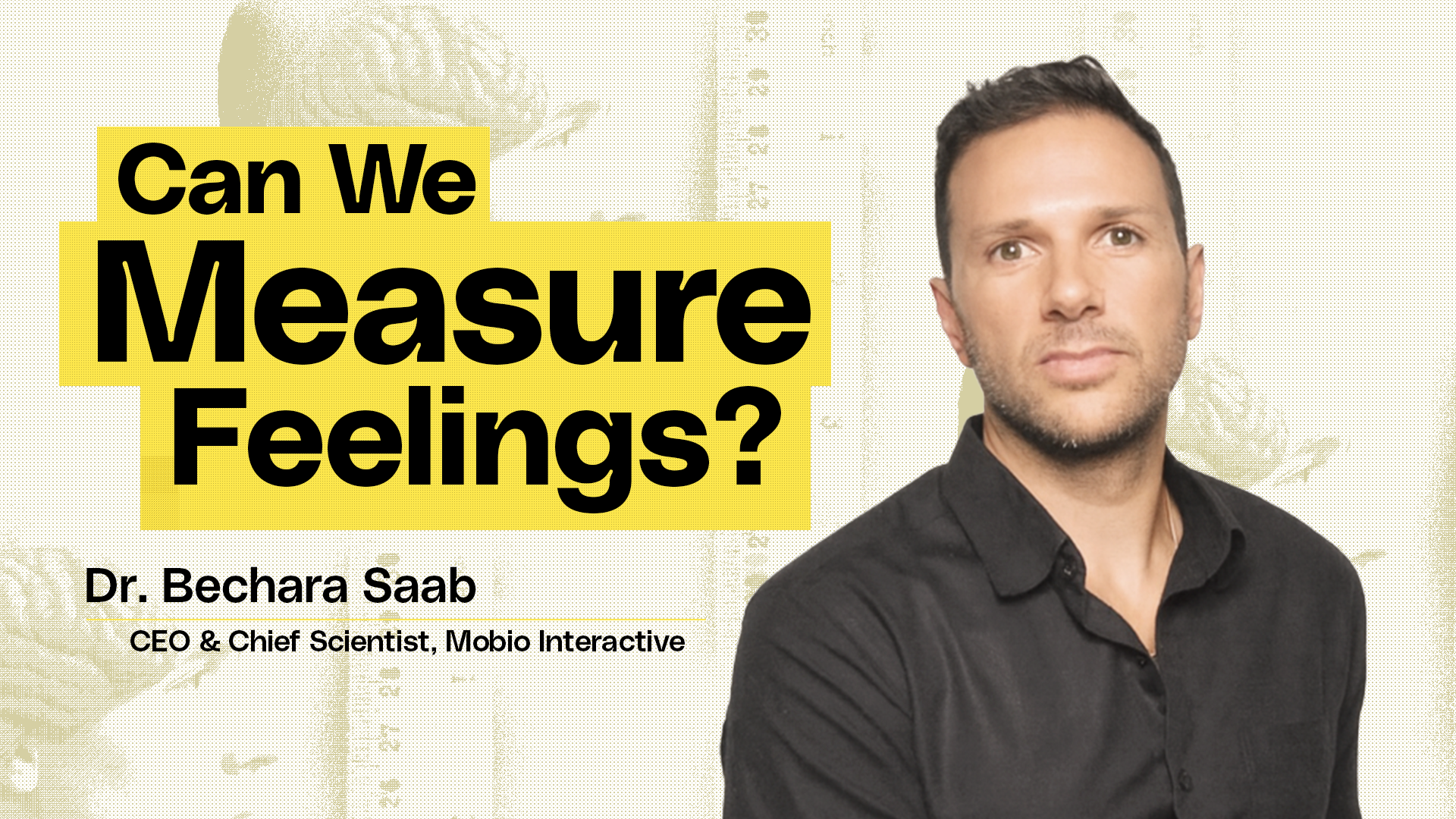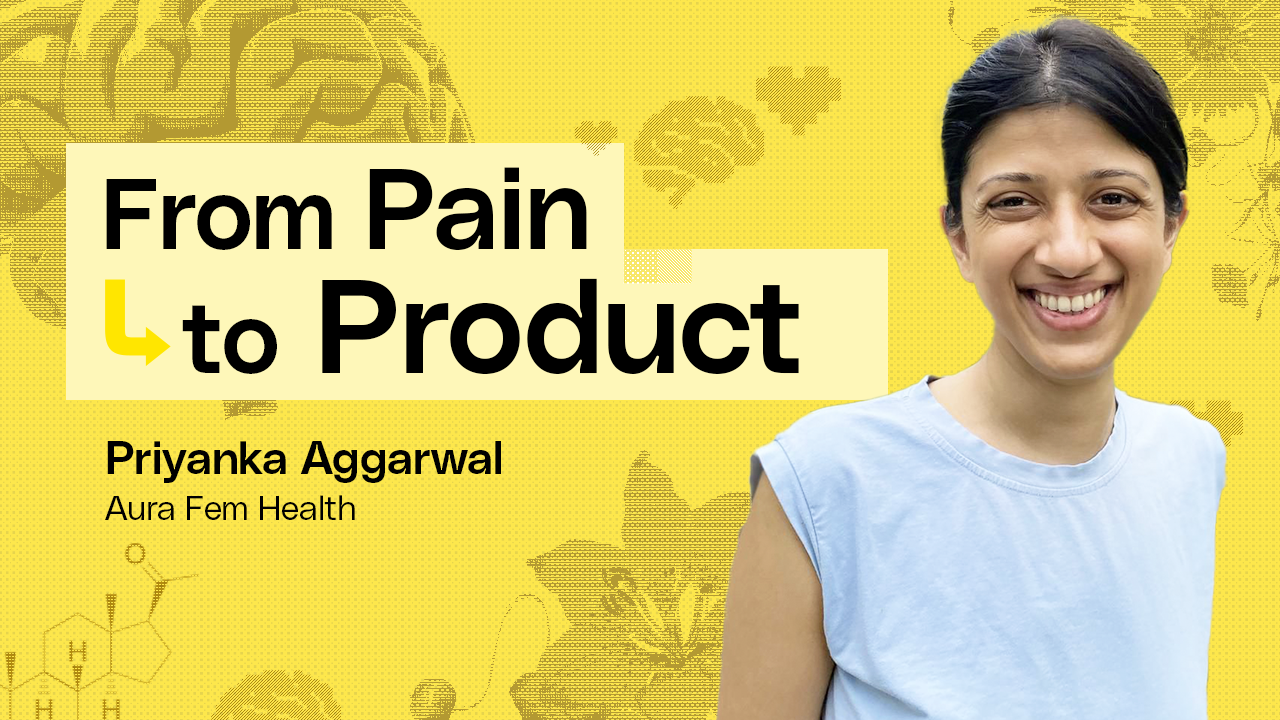.gif)
.gif)
The neural patterns triggered from thinking about their future selves are generally identical to those activated when thinking about a complete stranger.
Why do a lot of behaviour change efforts designed to achieve a future outcome––like weight loss, saving for retirement, or saving the planet––tend to fail? Economists have long observed this human bias to discount the future in favour of present rewards, or what they call “temporal discounting”.
Science offers some perspective on why humans are terrible at thinking about the future. Our future selves are strangers to us––and it is our own brains that make us feel that way.
Hal Hershfield, a social psychologist at UCLA Anderson explores how human behaviour can be modified by bringing people closer to their future selves. This “disconnect” in how people see their future selves have been found using fMRI technology. The study found that, in the brains of human subjects, thinking about our future selves is similar to thinking about other individuals. The participants were asked to describe their current and future selves, and other people’s current and future selves.
Hershfield’s review suggests that when the concept of one’s future self “seems similar to the present self, when it is imbued with realism and vividness, and when it is seen in positive terms”, that someone is likely to make more sacrifices today that can benefit them in the years to come. When a future version of you feels distant, it’s harder to make changes in the present. Conversely, people are likely to act on a future outcome when they form similar, vivid, and positive concepts of their future self.
The study also provides evidence on how exposing subjects to age-progressed photos, a visual representation of one's future self, leads to lower discounting of future rewards. To effectively affect behaviour for the distant future, we need to bring a piece of the future to the present by making it feel more real and vivid.
Similar interventions can be explored in behavioural economics. How do you make a future outcome, such as a healthier or wealthier version of oneself, experienced in the present? You can reframe future-focused narratives into more immediate visible outcomes. These insights are only a jumping-off point but can help public health communicators design effective experiences that lead to positive behaviour changes.
If you need people to become more future-oriented, don’t let their future selves become a stranger.
Don’t miss out
Don’t miss out!








